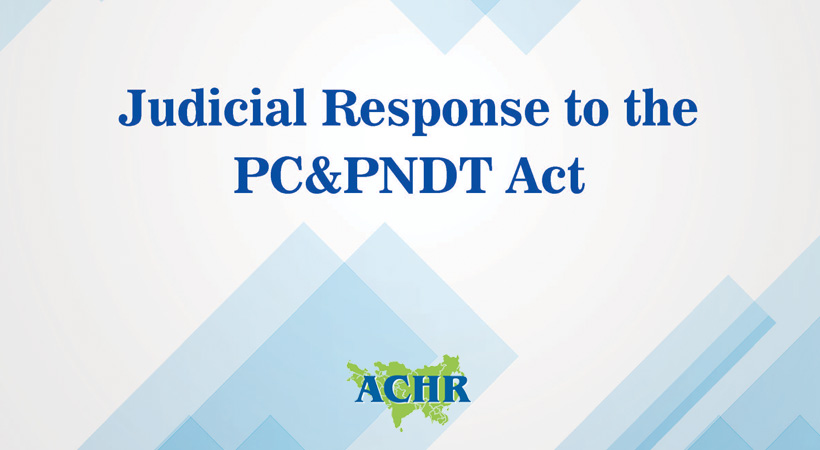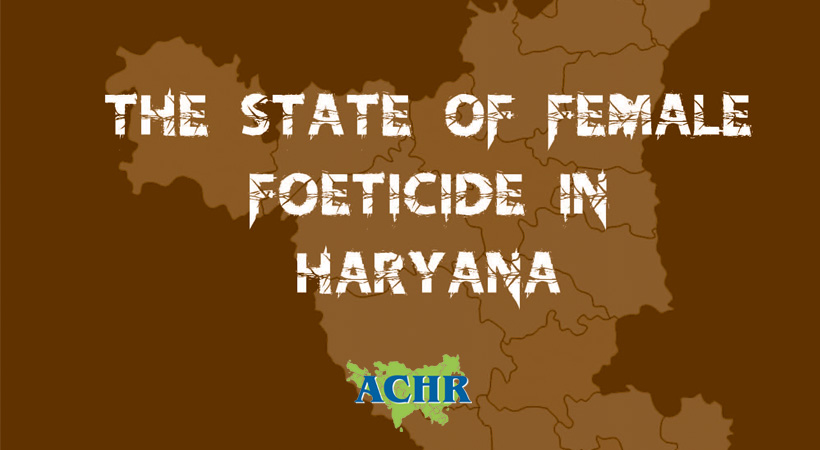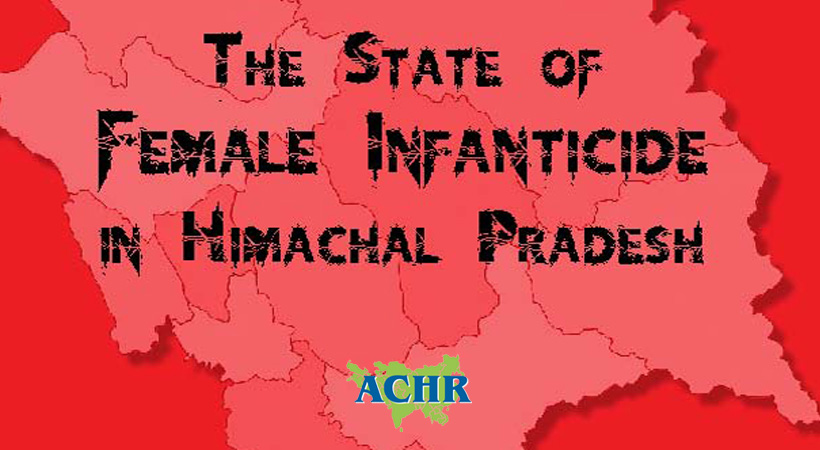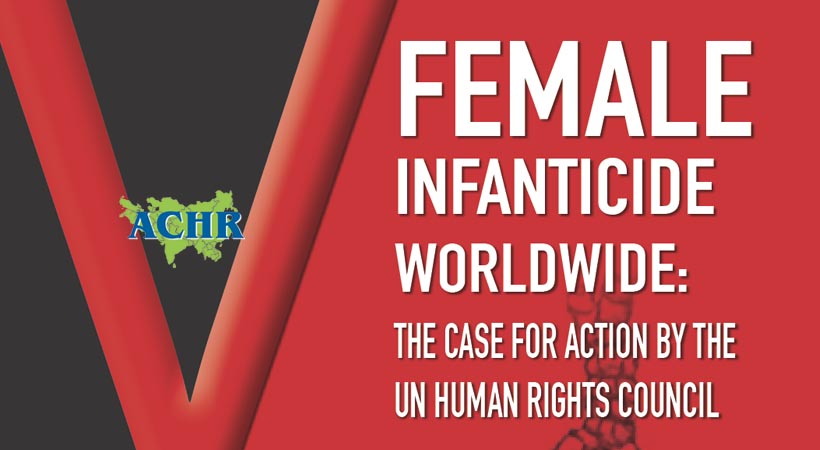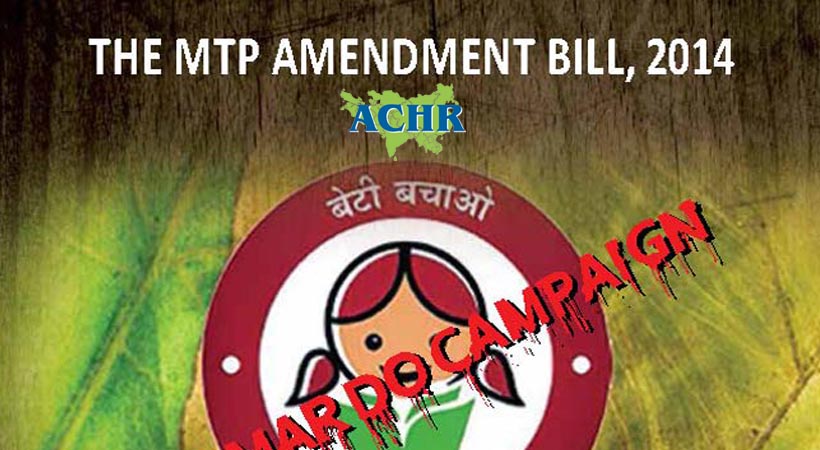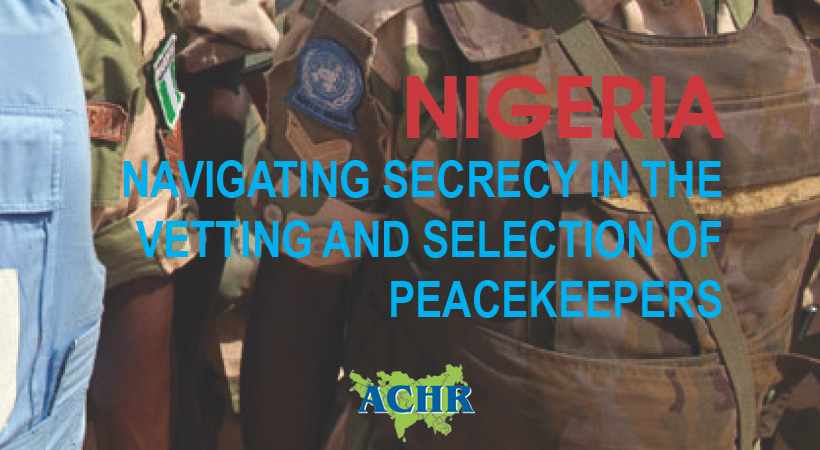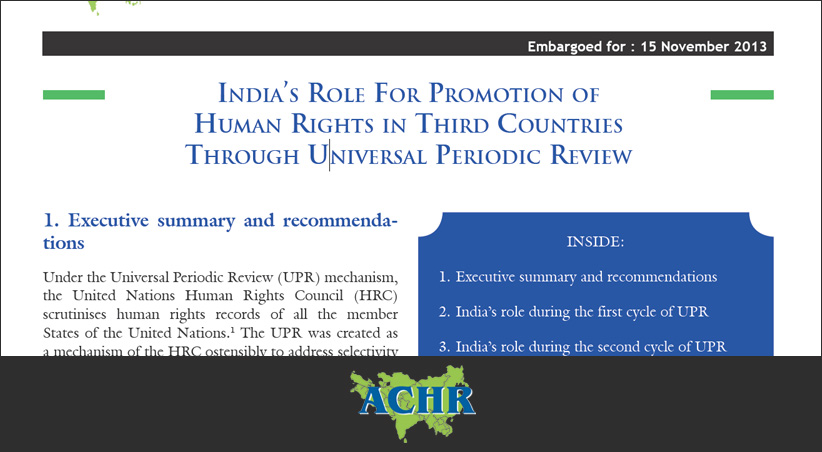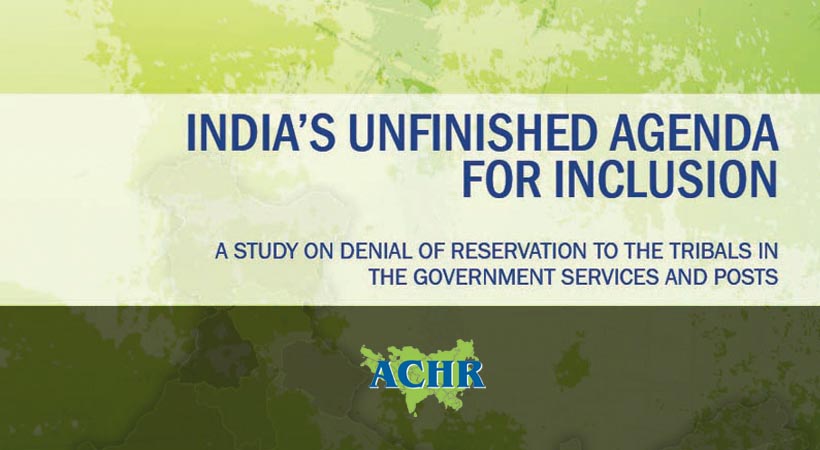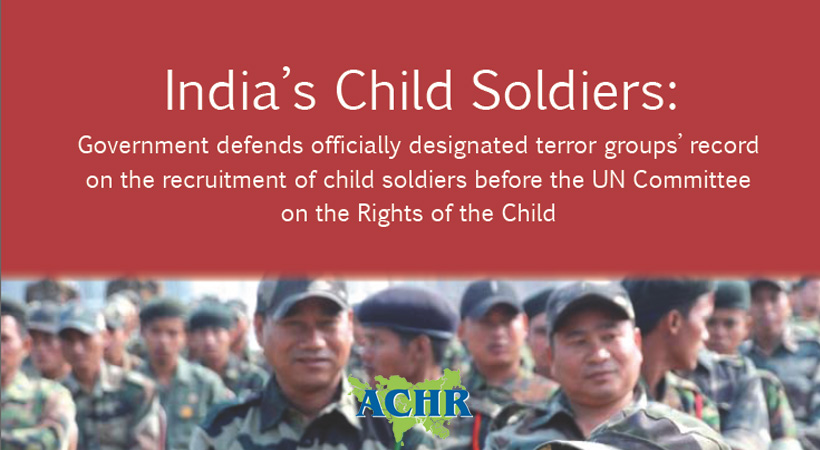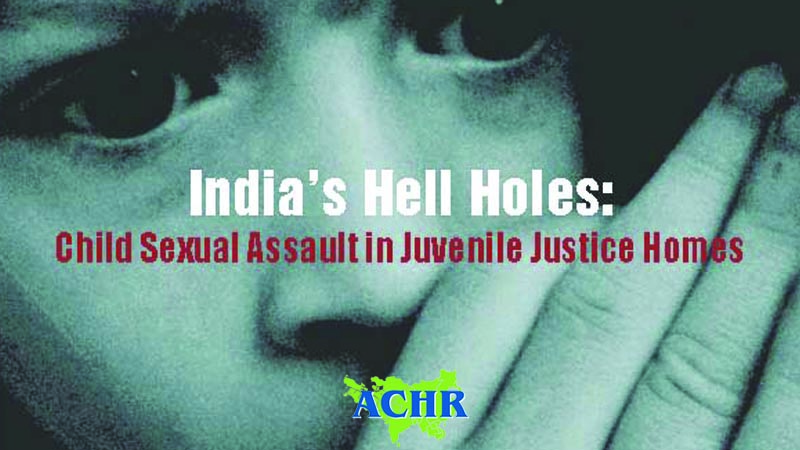The Government of India enacted the Pre-conception and Prenatal Diagnostic Techniques (Prohibition of Sex Selection) Act, 1994 (PC&PNDT Act) to address the menace of sex selection leading to female foeticide. After 20 years, as per information placed by the Ministry of Health and Family Welfare before the Lok Sabha on 27.02.2015, 14 States/UTs i.e. Arunachal […]
India
The State of Female Foeticide in Haryana
Child Sex Ratio (CSR) i.e. the number of girls per 1,000 boys in the age group 0-6 years has reached alarming proportion in India. Haryana has the lowest CSR among the States and Union Territories in India. As per the Government of India, “some of the reasons for neglect of girl child and low child […]
The State of Female Infanticide in Himachal Pradesh
Child Sex Ratio (CSR) has seriously declined from 982 female per 1000 boys (0-6 years) in 1971, the period before the use of the ultrasound machines, to 909 in 2011 in Himachal Pradesh. All the top five districts of the State with lowest CSR i.e. Una (870), Kangra (873), Hamirpur (881), Bilaspur (893) and Solan […]
The MTP Amendment Bill, 2014: India’s Beti Mar Do Campaign
In its pursuit of introducing India’s civilisational values in the field of medicine, the National Democratic Alliance (NDA) led Government of India has proposed further amendments to the Medical Termination of Pregnancy Act of 1971 in October 2014 to allow AYUSH practitioners (excluding Yoga and Naturopathy), homeopaths, nurses and auxiliary nurse midwife (ANM) to conduct […]
Nigeria: Navigating Secrecy in the Vetting and Selection of Peacekeepers
Since 1960, Nigeria has been one of the United Nations’ (UN) largest troop contributing countries. Throughout these years, Nigerian forces have been regularly accused of corruption and human rights abuses. For example in 2005, 11 Nigerian policemen serving on a UN peacekeeping mission in the Democratic Republic of Congo (DRC) were withdrawn over sexual harassment […]
India’s Role For Promotion of Human Rights in Third Countries Through Universal Periodic Review
Under the Universal Periodic Review (UPR) mechanism, the United Nations Human Rights Council (HRC) scrutinises human rights records of all the member States of the United Nations. The UPR was created as a mechanism of the HRC ostensibly to address selectivity and politicization under then UN Commission on Human Rights. Since its first session in […]
India’s Unfinished Agenda for Inclusion: A study on denial of reservation to the tribals in the government services and posts
On 23 May 2013, the Union Cabinet presided by Prime Minister Dr Manmohan Singh approved a Special Recruitment Drive to fill the backlog in reserved vacancies including that for the Scheduled Tribes (STs) by 2013. Earlier on 4 January 2013, the Ministry of Personnel, Public Grievances and Pensions issued instructions to appoint Liaison Officers in […]
India’s Child Soldiers: Government defends officially designated terror groups’ record on the recruitment of child soldiers before the UN Committee on the Rights of the Child
This report is the first comprehensive report on the recruitment and involvement of children in India’s burgeoning internal armed conflicts which currently afflicts 197 out of 640 districts. It has been prepared for submission as a shadow report to the Periodic Report of the Government of India on the Optional Protocol to the Convention on […]
India’s Hell Holes: Child Sexual Assault in Juvenile Justice Homes
Sexual offences against children in India have reached an epidemic proportion and the Protection of Children from Sexual Offences Act, 2012 (POCSO) is unlikely to be able to address the menace unless the Government of India and the State Governments take effective measures for proper implementation of the same. A total of 48,338 child rape […]

